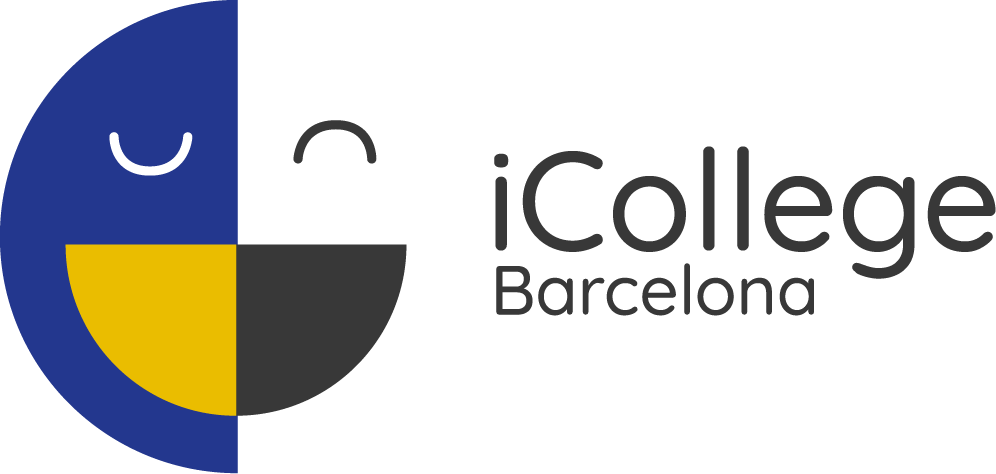As a student aged 16 and above, you are faced with the critical decision of choosing between A-Levels and BTECs. This guide is designed to help you navigate this choice and find the academic pathway that best suits your future.
As you stand at the pivotal juncture of post-16 education, your choices will shape and define your academic and career trajectory. You are the architect of your future.
Two prominent pathways within the British education system are A-Levels and BTECs. Both are highly respected qualifications but they cater to different learning styles, career aspirations, and academic goals.
Understanding the nuances of each is essential to making an informed decision that aligns with your strengths and ambitions.
This guide is your trusted companion, comprehensively comparing A-Levels and BTECs. It’s designed to empower you to make the best decision for your future success.
A-Levels: The Traditional Route to University
Advanced Levels (A-Levels) are traditional, academically rigorous qualifications widely recognised by universities worldwide. They typically involve an in-depth study of three or four subjects over two years (Year 12 and Year 13).
Assessment is primarily through end-of-year examinations, with some subjects incorporating coursework.
Key Characteristics of A-Levels:
- Academic Depth: A-Levels delve deeply into specific subject areas, fostering strong theoretical understanding and analytical skills.
- University Focus: They are the traditional entry route for most university degree programs, particularly those with a strong academic focus.
- Examination-Oriented: Most assessments rely on final examinations, demanding strong exam technique and recall.
- Subject Specialisation: Students typically choose subjects that align with their intended university major.
- Transferable Skills: A-Levels develop critical thinking, problem-solving, research, and essay-writing skills, which are valuable in higher education and beyond.
BTECs: Applied Learning for Career Success
Business and Technology Education Council (BTECs) qualifications offer a more vocational and applied approach to learning.
They combine theoretical knowledge with practical skills development relevant to specific industries and careers. BTECs are available at various levels, with Level 3 being equivalent to A-Levels for university entry.
Assessment involves a combination of coursework, projects, and practical assignments throughout the two-year program.
Key Characteristics of BTECs:
- Applied Learning: BTECs focus on real-world applications of knowledge and developing practical skills employers seek.
- Career-Focused: Many BTEC qualifications are directly linked to specific career pathways and industries.
- Coursework-Based Assessment: A significant portion of the assessment involves ongoing coursework, projects, and practical tasks.
- Industry Relevance: BTECs are often developed with professionals to ensure the curriculum meets current workplace demands.
- Transferable Skills: BTECs develop teamwork, communication, problem-solving, and practical application skills, which employers and universities highly value.
A-Levels vs. BTECs
The following table provides a direct comparison of key features of A-Levels and BTECs:
| Feature | A-Levels | BTECs |
| Learning Style | Primarily theoretical, with an emphasis on understanding | Applied, practical application of knowledge |
| Assessment | Mainly end-of-year examinations | Continuous assessment through coursework & projects |
| University Focus | The traditional route for most academic degrees | Increasingly accepted for a wide range of degrees |
| Career Focus | Broader academic foundation | Often linked to specific career pathways |
| Subject Depth | In-depth study of fewer subjects | Broader overview with practical application |
| Skill Development | Critical thinking, analysis, and essay writing | Teamwork, communication, and practical skills |
| Course Structure | Typically 3-4 subjects | One main subject with specialist units |
Making the Right Choice for You
Choosing between A-Levels and BTECs depends on your learning style, career aspirations, and academic goals:
Choose A-Levels if:
- You enjoy in-depth academic rigour study and excel in examinations.
- You want to go to university or have a clear idea of a traditional degree you wish to pursue.
- You thrive in a more theoretical learning environment and want to expand on your strengths and passions.
- You prefer an assessment focused on final exams, and understand this is the nature of the course.
Choose BTECs if:
- You prefer project-based learning and applying knowledge to real-world scenarios.
- You have a specific career path in mind, or enjoy learning about a particular industry.
- You thrive in a continuous assessment environment with coursework and projects.
- You value the development of practical, industry-relevant skills.
It’s crucial to thoroughly research specific A-Level subjects and BTEC qualifications that interest you. Consider your strengths and preferences, and consult career advisors and teachers for valuable guidance.
Conclusion
At iCollege Barcelona, we offer both A-Level and BTEC pathways, recognising our students’ diverse needs and aspirations. Our experienced educators provide expert guidance and support to help you navigate these choices and excel in your qualifications.
Whether aiming for a top university or seeking a direct route to a rewarding career, our tailored programs and supportive learning environment are designed to empower you to achieve your full potential.
Explore our A-Level and BTEC programs to discover the perfect foundation for your future success.
Frequently Asked Questions
Can I go to university with a BTEC qualification?
Yes, many universities, including prestigious institutions, accept BTEC Level 3 qualifications for a wide range of degree programs. It's essential to check the specific entry requirements for your desired course and university.
Are A-Levels harder than BTECs?
"Harder" is subjective and depends on your strengths and learning style. A-Levels are often more academically theoretical and examination-focused, while BTECs emphasise practical application and continuous assessment.
Can I study a mix of A-Levels and BTECs?
In some cases, it might be possible to study a combination, but it's less common. Most students focus on one pathway to ensure they meet the specific requirements for their future goals.
Which qualification is more recognised internationally?
Universities and employers internationally recognise both A-Levels and BTECs. A-Levels have a longer-standing global reputation, while BTECs are increasingly gaining recognition for their vocational relevance.
How do I decide which subjects to take for A-Levels or which BTEC qualification to choose?
Consider your interests, academic strengths, and potential career paths. Research different subjects and qualifications, and talk to teachers, career advisors, and current students for guidance.



